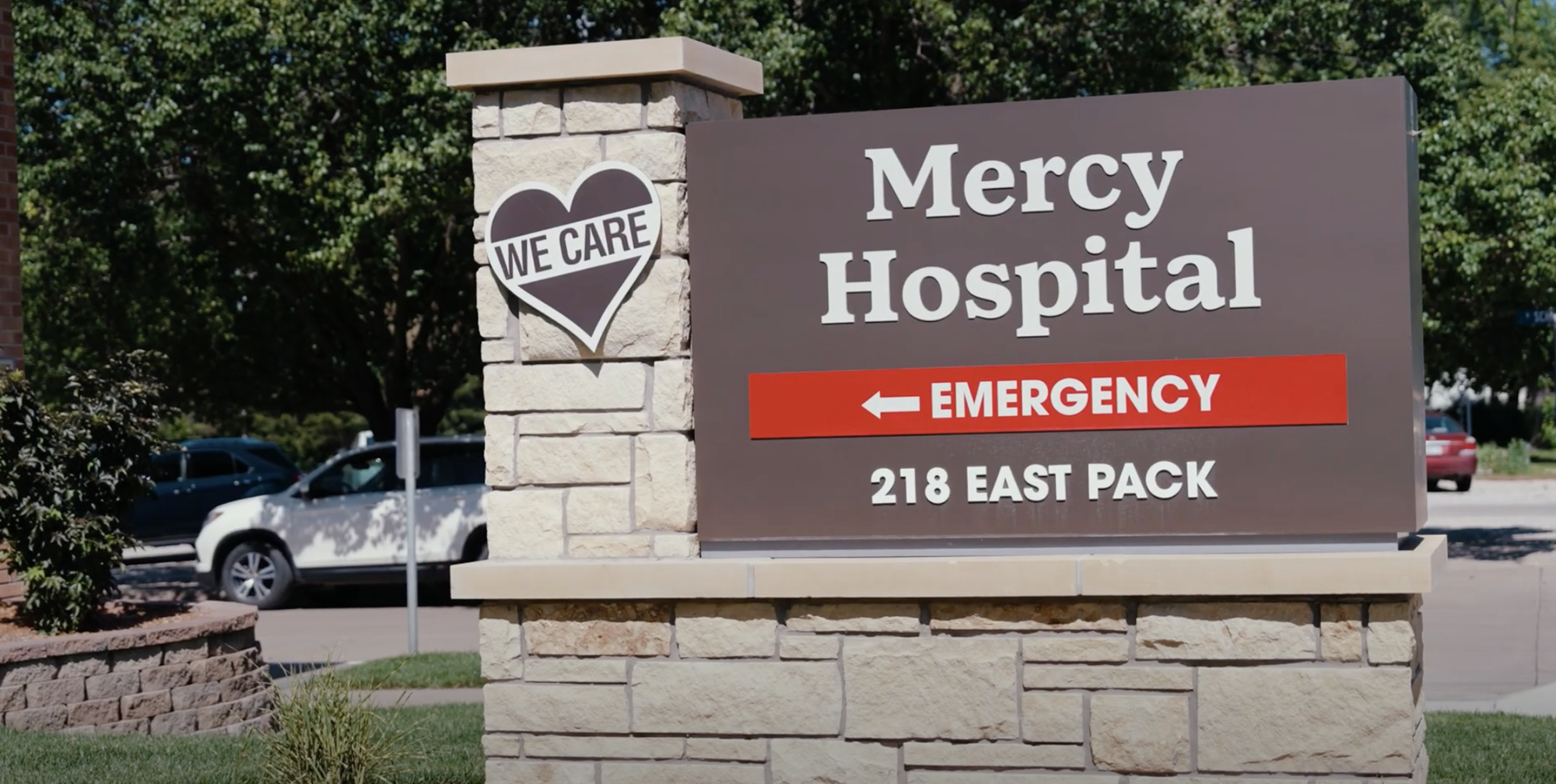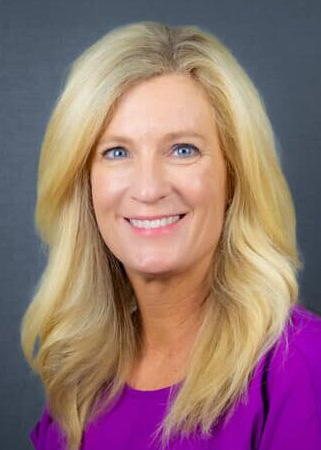Mercy Hospital’s transformation to a rural emergency hospital
In the small town of Moundridge, Kan., and the surrounding rural communities, Mercy Hospital serves as a vital health care provider for more than 8,000 of its residents. In 2023, Mercy faced significant financial challenges and made a strategic decision to transition from a prospective payment system hospital to a rural emergency hospital (REH). This pivotal move, supported by the Rural Health Redesign Center (RHRC) and the Rural Emergency Hospital Technical Assistance Center (REH-TAC), has improved both the hospital’s financial health and the quality of care offered to the community.
Overcoming financial struggles
Before the conversion, Mercy Hospital endured two consecutive years of substantial financial losses. The administration was confronted with difficult choices: close the facility, sell the property, or find another financial partner. Aaron Herbel, Mercy Hospital administrator, led the effort in analyzing the hospital’s financial data. According to Herbel, the findings revealed a worrying decline in the use of inpatient services. In 2017, inpatient care contributed to 65 percent of the hospital’s net revenue. In 2023, acute inpatient care only provided 34 percent of the net inpatient revenue.
Emergency room visits were increasing, while the complexity of inpatient cases was steadily decreasing. This trend adversely affected Medicare payments, which were crucial for the hospital’s revenue, especially given that Moundridge’s population has a higher average age compared to the state average.
Herbel pointed out the shift from traditional Medicare to Medicare Advantage plans further strained the hospital’s finances. Programs like the low-volume adjustment, which provided additional payments for specific diagnoses-related groups, became less beneficial as fewer patients remained on traditional Medicare.
Support from RHRC and REH-TAC
To navigate these challenges, Mercy Hospital partnered with the RHRC’s Rural Emergency Hospital Technical Assistance Center. The REH-TAC provided essential resources and guidance, assisting the hospital in understanding the new REH regulations as they prepared for conversion. Following their transition to an REH, the REH-TAC continued its partnership through the post-conversion program, supporting the hospital’s implementation efforts and helping to ensure a smooth and effective restructuring of services.
“I tell everyone who asks about our REH conversion what a benefit it has been to have the RHRC team with us through this process,” Herbel says. “We would not have been able to come as far as we have without the assistance.”
The REH-TAC provided essential resources and guidance, assisting the hospital in understanding the new REH regulations as they prepared for conversion. Following their transition to an REH, the REH-TAC continued its partnership through the post-conversion program, supporting the hospital’s implementation efforts and helping to ensure a smooth and effective restructuring of services.
 |
Engaging the community and stakeholders
Herbel emphasized the importance of involving all stakeholders in the decision-making process. He collaborated with the board of directors, medical staff, and the patient and family advisory council to gather valuable insights and feedback. This inclusive approach helped build trust and transparency, essential for making informed decisions that align with the community’s needs. The administration focused on presenting the conversion as a positive advancement, highlighting the benefits the community would gain rather than the potential losses. This positive framing helped secure broad support for the REH model.
Positive outcomes and future prospects
The shift to an REH allowed Mercy Hospital to reorganize its services to better address the community’s needs. One of the first initiatives was the creation of a walk-in clinic staffed by an advanced practice provider. This clinic opened alongside the REH conversion, providing patients with convenient access to medical care during evenings and weekends.
Under the REH designation, Mercy Hospital now offers around-the-clock emergency medical services, laboratory testing, physical therapy, radiology, outpatient surgery, and other outpatient treatments. These improvements have not only enhanced patient care but also stabilized the hospital’s finances with a net improvement of $50,000 after expenses. The financial recovery has ensured that the hospital remains a vital part of Moundridge, providing essential medical services without the threat of closure.
Herbel expressed confidence in the REH model’s ability to sustain health care services in rural areas. “There is absolutely going to be a need for health care services in rural communities, and it’s not reasonable to expect people to drive an hour and a half one way for primary care or emergency services,” he says. Mercy Hospital’s success serves as an example for other rural hospitals facing similar challenges.
Consider partnership with the REH Technical Assistance Center
Mercy Hospital is just one of the many hospitals that the RHRC and the REH-TAC have supported through the REH conversion process. REH-TAC provided comprehensive assistance, including education, assessment, and ongoing support, which were crucial in understanding the new REH regulations and ensuring a smooth transition. This partnership highlights the importance of such support systems in maintaining rural health care infrastructure.
Looking ahead
As Mercy Hospital continues to thrive under the REH model, it remains dedicated to its mission of serving the community with compassion and excellence. The successful conversion has not only secured the hospital’s future but also improved the quality of health care available to the residents of Moundridge.
For more information about Mercy Hospital’s REH conversion, read the full conversion story and watch this short video.
NRHA adapted the above piece from Rural Health Redesign Center, a trusted NRHA partner, for publication within the Association’s Rural Health Voices blog.
 | About the author: Hope Burch, MHS, is a passionate leader and advocate for rural health care with more than 25 years of public health experience. A lifelong rural resident in Hayesville, N.C., Hope understands the barriers to health care access and is committed to innovative solutions. Hope has held leadership roles at the Kansas and NC Departments of Public Health, Mission Hospital Healthcare Foundation, and Buncombe County Department of Public Health. Dedicated to improving rural health care, Hope focuses on sustainable strategies that enhance delivery and drive economic growth in underserved communities. |
